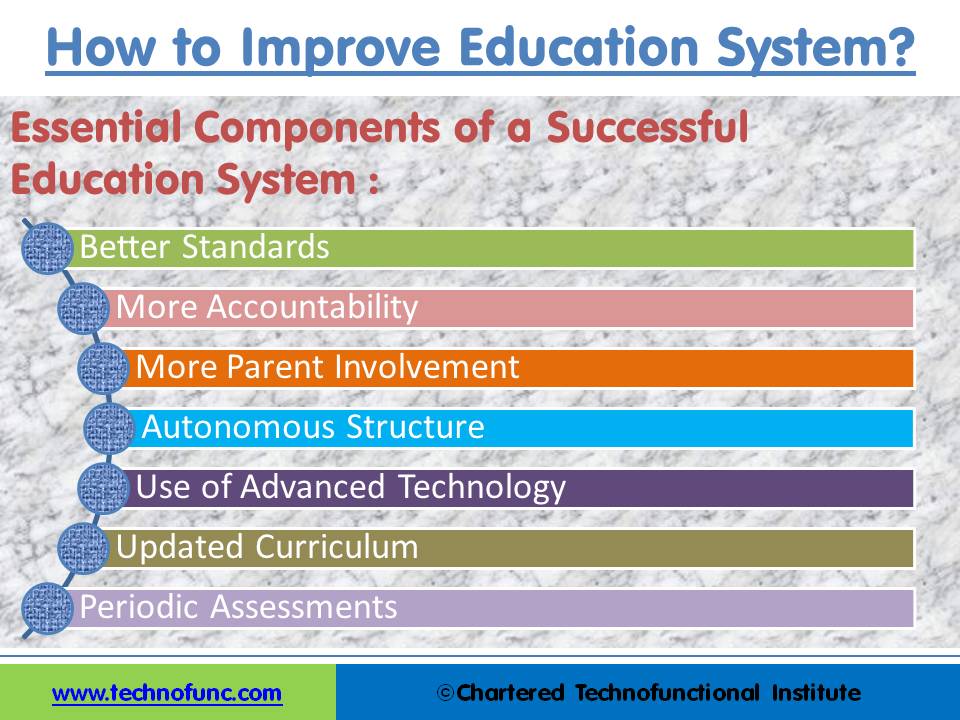What is Education System?

What is Education System?
- 898
- 0 Comment
To answer the question, “What is education system,” we need to look at the purpose of a school. Education is a deliberate process that involves both a teacher and student. The content of an education system does not always involve the traditional subjects taught in school. Historically, education systems have included subjects beyond the classroom. For example, in Greece, Socrates taught his followers philosophy and included other subjects within his context. Even today, education systems include more than just traditional lessons.
Formal education
The formal education system is one of the oldest in the world. It is based on meritocratic ideals and is organized around schooling. The formal education system involves a structured educational model, standardized curriculum, trained professionals, and a formally recognized certificate. The advantages of a formal education system are numerous. Here are some of them:
The formal education system is structured around a certain timetable. It is not a lifelong process, and the student does not necessarily need to earn a certificate or degree. This type of education is usually cheaper and more efficient than traditional methods. The formal education system is usually divided into three main types. This type of education occurs inside the school premises, and is usually provided by specially qualified teachers. There is a strict grading system, and a prescribed syllabus for each lesson.
Post-secondary education
Today, there is a great deal of debate over how best to support the post-secondary education system. While we must support the university and college systems, there are a number of other ways to promote and fund post-secondary education. One way is to increase public spending on post-secondary education. A recent study by Lesley Andres, Professor of Educational Studies at the University of Washington, and doctoral student Judith Offerhaus, found that nearly eighty percent of respondents enrolled in a post-secondary institution right after completing high school. Interestingly, however, the paths of respondents were very diverse, with three hundred and eighty-eight of the sequences being unique to each individual.
In the United States, for example, states that are rich in oil are ranked higher for spending on post-secondary education than other states. Despite this, state governments are also more responsible for funding campus-based research. While there is some overlap between federal and state funding, these differences in priorities are not mutually exclusive. A strong bond between the public and post-secondary education is necessary to achieve the desired outcomes. The public should be able to measure the level of public spending on post-secondary education and hold the politicians to account for it.
Indian education system
The Indian education system is failing to meet the needs of children today. In India, the government does not allocate enough money for primary education. As a result, children are often taught in tents or open spaces with limited equipment. UNICEF has highlighted the fact that the teachers in most Indian schools are incompetent. Even though the Right to Education Act prioritizes the education of children between the ages of six and fourteen, only thirty percent of the educational budget goes to higher education. As a result, education is not accessible to people living below the poverty line.
The Indian Education System focuses on year-end results and board tests, which make students anxious to score a high mark. Students often face humiliation and mental bullying if they fail to score a high grade. The Indian society does not value extra-curricular activities, and teachers often exploit them to meet the requirements of the syllabus. Nonetheless, learning should be a process of creativity, and students should not be confined to just academic studies. In addition to academics, a well-rounded education must emphasize character development, and develop creativity and practical skills.

